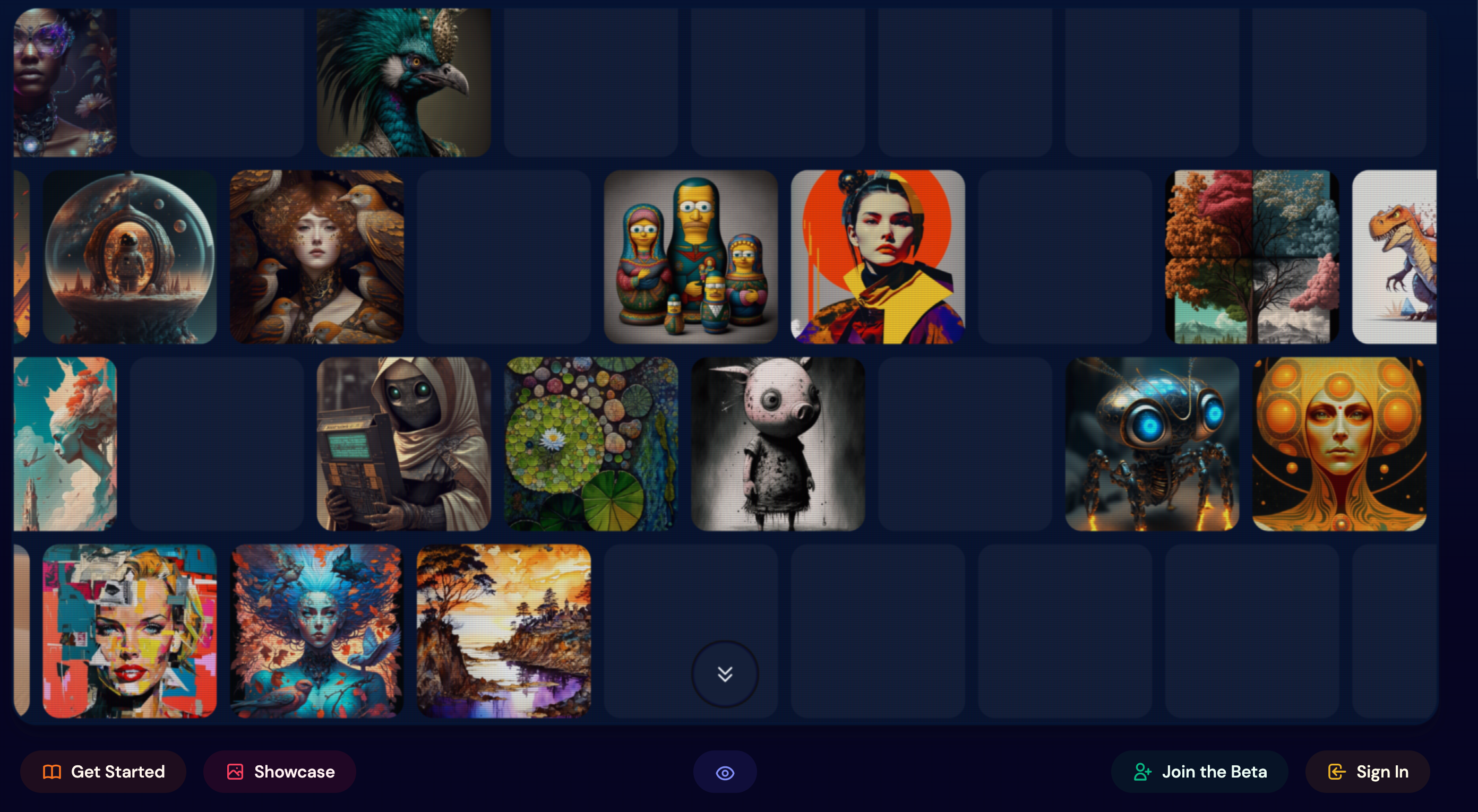When I was little, my parents taught me to do one thing at a time and do it the best possible. Not trying to start ten projects or jump from one thing to another without finishing what I began first. Although I’ve always had the internal push to do several things at one time, I kept remembering their advice and trying to stick to it. As much as possible. Back then, the idea of multitasking wasn’t around and known to us, but I believe they were right. And recent studies seem to back them up as well.
According to Larry Kim, Founder and CTO WordStream, our brains are designed to focus on one thing at a time, and bombarding them with information only slows them down. MIT neuroscientist Earl Miller notes that our brains are “not wired to multitask well… when people think they’re multitasking, they’re actually just switching from one task to another very rapidly. And every time they do, there’s a cognitive cost.”
This constant task-switching encourages bad brain habits. When we complete a tiny task (sending an email, answering a text message, posting a tweet), we are hit with a dollop of dopamine, our reward hormone. “Our brains love that dopamine, and so we’re encouraged to keep switching between small mini-tasks that give us instant gratification. This creates a dangerous feedback loop that makes us feel like we’re accomplishing a ton, when we’re really not doing much at all (or at least nothing requiring much critical thinking). In fact, some even refer to email/Twitter/Facebook-checking as a neural addiction,” said Larry Kim for inc.com.
As shown by Marketing Week, Academics at Vanderbilt University found evidence in 2006 that the brain’s frontal lobe creates a “bottleneck of information processing that severely limits our ability to multitask”. The proliferation of media channels and devices makes this worse. Another study, published by Stanford University researchers in 2009, found “heavy media multitaskers are more susceptible to interference from irrelevant environmental stimuli and from irrelevant representations in memory”. And this hampers the ability to switch between tasks.
We can shift our focus really fast, sometimes it takes just a 10th of a second. But the time doesn’t matter as much as the bandwidth the brain requires to move back and forth. Now that might affect your performance, and might also affect the quality of the work that you finally produce.
New research suggests the possibility that cognitive damage associated with multi-tasking could be permanent.
A study from the University of Sussex (UK) ran MRI scans on the brains of individuals who spent time on multiple devices at once (texting while watching TV, for example). The MRI scans showed that subjects who multitasked more often had less brain density in the anterior cingulate cortex, the area responsible for empathy and emotional control. Unfortunately, the research isn’t detailed enough to determine if multitasking is responsible for these affects, or if existing brain damage results in multitasking habits.
Moreover, there have been studies that show women are generally better at multitasking than men. Also, people who thought they were the best at multitasking are almost always in fact the worst. In fact, multitasking seems to be something not all of us are truly able to achieve, as only about 2% of the population is formed of super multitaskers (people who are truly able to do several different activities at the same time without losing efficiency or losing quality as they do all that work). Most of us don’t have this gift.
According to Forbes, the problem with trying to multi-task is all that shifting back and forth between tasks isn’t all that efficient because, each time we do it, it takes our brain some time to refocus. So while it might seem efficient on the surface, it isn’t – studies show that multi-tasking can reduce productivity by as much as 40%.
More than that, a study published by the American Psychological Association concluded that the ability to switch between tasks, which they term, “mental flexibility” generally peaks in the 20s and then decreases with age, in average of 30.9% from a person in their 40s to a person in their 70s. The extent to which it decreases depends upon the type of tasks being performed. The information is back up by another study, this time around conducted on UK soil, at the University of London where the results have shown that the participants who multitasked during cognitive tasks, experienced an IQ score decline similar to those who have stayed up all night. Some of the multitasking men had their IQ drop 15 points, leaving them with the average IQ of an 8-year-old child.





















